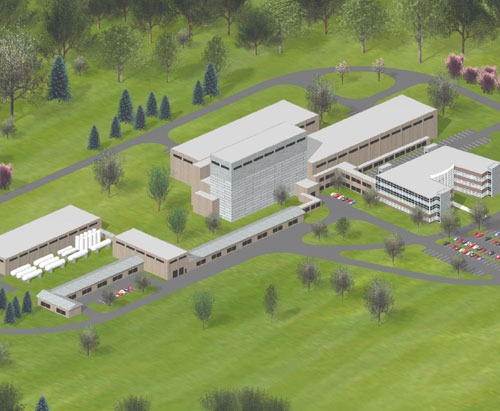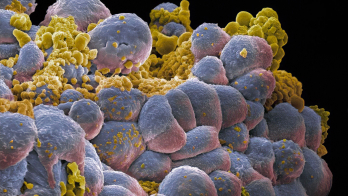A detailed white paper published on 7 December outlines plans for a capability upgrade of the National Superconducting Cyclotron Laboratory (NSCL) located at Michigan State University.

The 415 page document gives a scientific and technical description of a proposed Isotope Science Facility (ISF) that will use a high-power heavy-ion driver linac capable of accelerating beams of all stable elements to 200 MeV/nucleon with up to 400 kW beam power. Rare isotopes produced and separated in flight will be available as stopped, fast and re-accelerated (up to 12 MeV/nucleon) beams.
The cost of building ISF on an undeveloped site on the university’s south campus is approximately $500 million, according to NSCL officials.
The NSCL publication was followed on 8 December by the unedited prepublication release of Scientific Opportunities with a Rare-Isotope Facility in the United States, a report by the US National Academies. This declared a next-generation rare-isotope facility to be “a high priority for the United States”. The National Academies also found that a new US facility based on a heavy-ion linear accelerator would complement existing and planned international efforts.
Funded by the US National Science Foundation, NSCL is the largest nuclear-science facility on a US university campus and educates about 10% of that country’s nuclear-science doctoral students. It serves an international user community of 700 scientists from 35 countries.








